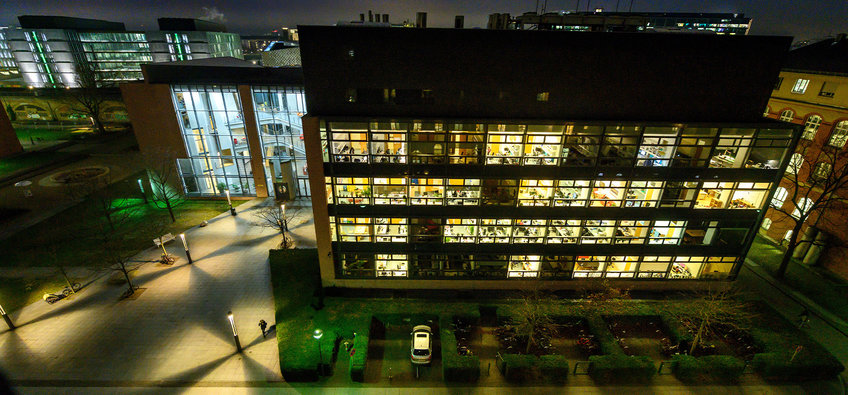
Max Planck Institute for Infection Biology
Infections are among the most significant medical challenges. The relationships between microbes and their hosts are also essential drivers of evolution. At the Max Planck Institute for Infection Biology, researchers from different disciplines search for answers to fundamental questions in infection biology. The scientists investigate how viruses, bacteria, parasites, fungi and worms cause diseases and how their hosts react to them. The research encompasses different levels: Atoms, molecules, cells, tissues and organisms as well as medical and social aspects.
Contact
Charitéplatz 110117 Berlin
Phone: +49 30 28460-0
Fax: +49 30 28460-111
PhD opportunities
This institute has an International Max Planck Research School (IMPRS):
IMPRS for Infectious Diseases and ImmunologyIn addition, there is the possibility of individual doctoral research. Please contact the directors or research group leaders at the Institute.







